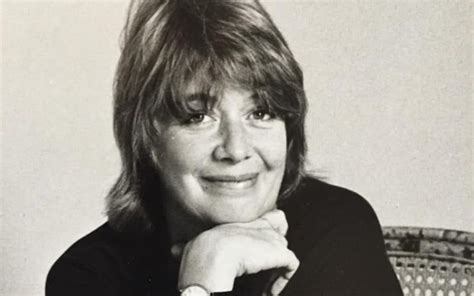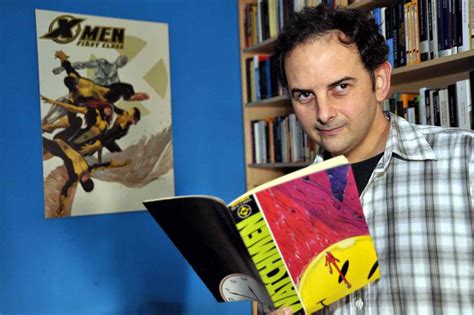A Quote by John Burnside
I love long sentences. My big heroes of fiction writing are Henry James and Proust - people who recognise that life doesn't consist of declarative statements, but rather modifications, qualifications and feelings.
Related Quotes
While reading writers of great formulatory power — Henry James, Santayana, Proust — I find I can scarcely get through a page without having to stop to record some lapidary sentence. Reading Henry James, for example, I have muttered to myself, "C’mon, Henry, turn down the brilliance a notch, so I can get some reading done." I may be one of a very small number of people who have developed writer’s cramp while reading.
At times of crisis or distress, it's poems that people turn to. (Poetry) still has a power to speak to people's feelings, maybe in a way that fiction, because it works in a longer way, can't. There's a little bit of your brain that mourns and grieves that you're not writing poetry, but actually as long as I'm writing something, I'm happy.
There are some simple maxims which I think might be commended to writers of expository prose. First: never use a long word if a short word will do. So, if you want to make a statement with a great many qualifications, put some of the qualifications in separate sentences. Third: do not let the beginning of your sentence lead the reader to an expectation which is contradicted by the end.





































